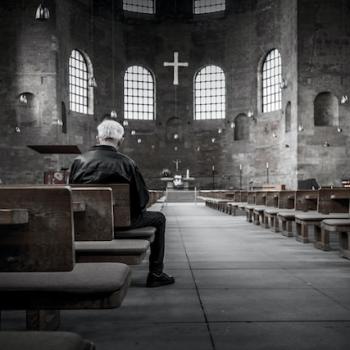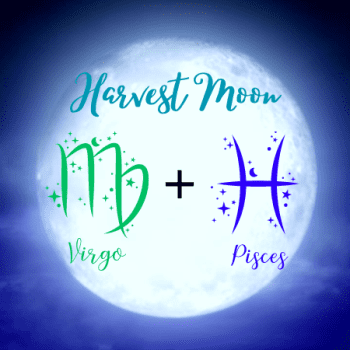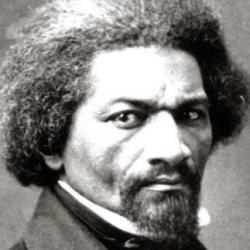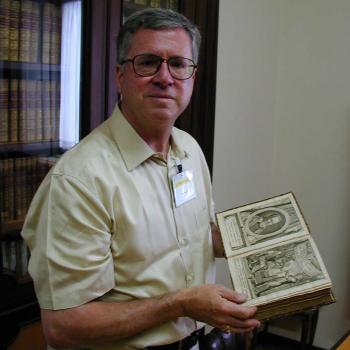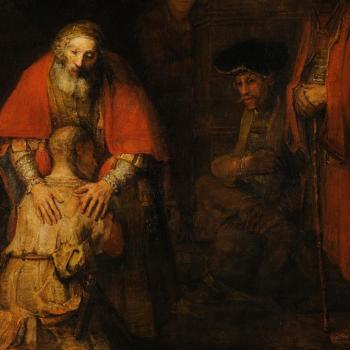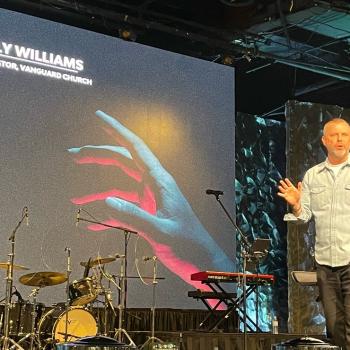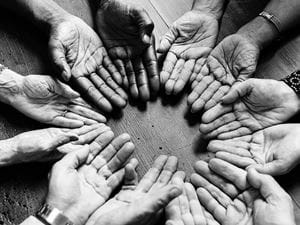
Humanism is a philosophical posture that in its contemporary form closely approximates some forms of atheism and agnosticism. Most modern humanists reject the essential theist claim that a divine being has power over human life, and they focus instead on the possibilities and responsibilities of humans for creating their own reality. Humanists promote individual and corporate well-being through exclusively natural and human means, rather than supernatural or divine means. The discoveries and uses of science motivate their approach to life rather than a reliance on some form of religious revelation.
The history of humanism, however, is more diverse. In its earliest iterations, humanism was merely the mindset of someone who had a spirit of goodwill toward others or who put human beings above other interests—economic, military, or political. Others thought of a humanist as someone who had a good education in the liberal arts and was well-spoken, well-mannered, and articulate. During the Renaissance, humanism became the recentering of the pursuit of knowledge around all things human. Art, science, philosophy, poetry, rhetoric, and other areas of study and expression focused on the human experience, the governance of human affairs, the alleviation of human needs, and the embrace of human capabilities. Such humanism was not in opposition to Christianity but, in fact, drew on Christian values as expressed in the gospels and, in turn, infused Christianity with a renewed interest in the humanity of Jesus Christ. Renaissance humanists often used the Christian faith to support many of their objectives.
As the Renaissance gave way to Enlightenment forms of thinking, many humanists began to see religion as a problem instead of an asset. Religion, particularly Christianity, became associated with irrationalism, superstition, oppression, and the obstruction of humanists’ aims. The authoritarian claims of the Church based on the unequivocal claims of God delivered through revelation conflicted with the purely human-centered thinking that derived its motivations from the possibilities generated by empiricism, deductive reasoning, and natural philosophy. This divergence between reason and revelation led to the rise of secular humanism, a position much closer to atheism and agnosticism.
Some humanists may embrace a religious yet non-supernatural approach to the pursuit of human well-being. That is, they recognize an essential and natural tendency in humanity to instill ethics through rituals and ceremonies and, thus, seek to promote the idea of a “humanist religion” that furthers human goals and builds on human abilities. Secular humanists, for the most part, reject this approach. They argue that individuals have the right and privilege to define meaning for themselves rather than rely on a divine external source. Education is the key to the success of this process and, thus, these humanists promote inquiry and learning as the gateway to humanity’s well-being.
Critics of humanism today may include any for whom the highest reality and source of moral authority is God or gods rather than human reason or ability. There are also critics who, while not necessarily embracing some form of religion, look at the claims of humanism—reason, science, natural ethics—and find their viability preposterous in light of the horrors of the 20th century committed by highly educated, rational, “civilized” cultures.
Read more about the Christian perspective of humanity that fostered early forms of humanism here.
Image credit: Unsplash.com3/10/2023 4:39:15 PM


